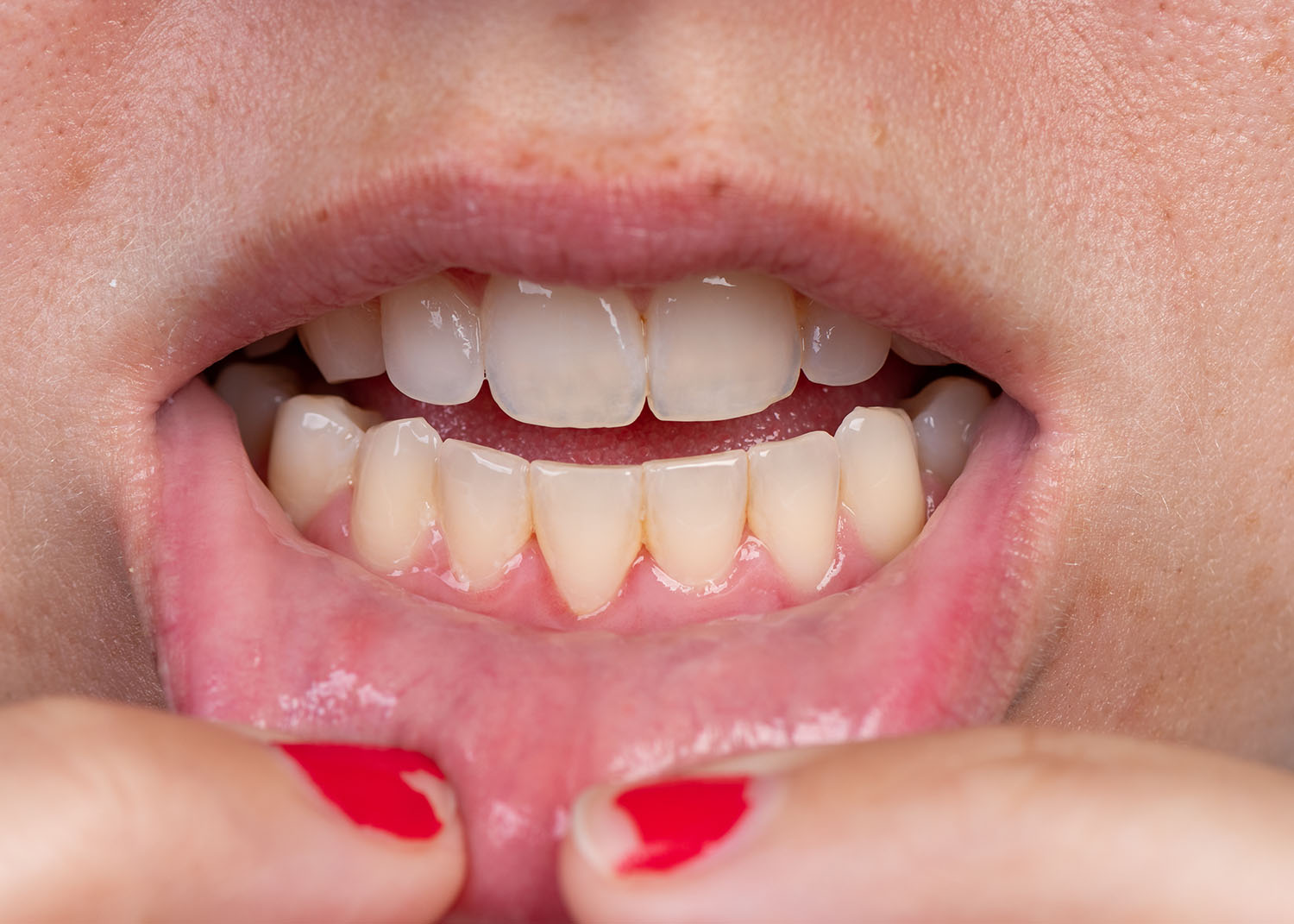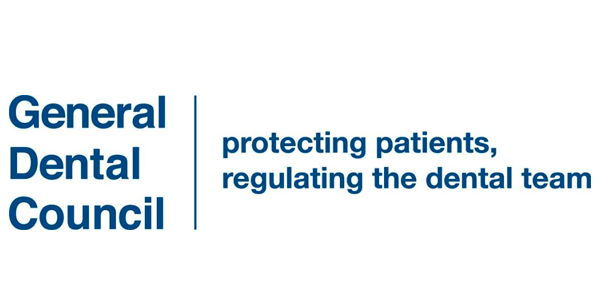Gum recession is when your gums start to pull back from your tooth and expose the roots. This causes your teeth to be sensitive and can lead to severe pain or tooth loss if left untreated. Gum recession is a gradual process, you may notice sensitivity and minor pain as a first instance. If you do notice these symptoms, book an appointment with your dentist to start treatment.
Although gum recession isn’t reversibly there are a few things you can do to prevent it or make it worse.
Visit your hygienist and dentist regularly
Regular hygiene appointments with our team will make sure your mouth and teeth are thoroughly cleaned and they can also spot any early signs of recession. During your hygiene appointment, your hygienist removes tartar & plaque buildup which if left unaddressed, can lead to gum recession.
Our hygienists will also check for signs of tooth decay and periodontal diseases, both of which can cause gums to recede, if they do spot any signs they will provide you with a treatment plan to solve the issue.
Don’t brush too hard!
You should be brushing your teeth at least twice a day with a soft-bristled toothbrush. However, brushing too hard can actually damage your teeth and gums. If you brush aggressively it will wear down the enamel on your teeth causing your gums to recede. You can buy soft-bristled toothbrushes from pharmacies or at the practice.
Stop smoking!
We all no smoking is bad for your oral health and your overall health. People who smoke usually have a higher plaque and tartar buildup which left untreated can cause your gums to recede and eventual tooth loss.
Try to tackle bruxism
Bruxism is when you clench or grind your teeth which puts a lot of pressure on your teeth and gums, eventually causing your gums to recede. Bruxism can happen during the day or night, so if you if you do suffer from clenching or grinding, talk to your dentist about possible solutions.
Remove lip or tongue piercings
This isn’t well known but lip and tongue piercings can actually damage your teeth and gums. The jewellery can rub against the gums, especially if you tend to play with the piercing, eventually wearing the gum down and cause them to recede.
What to Do If Your Gums Have Receded
If your gums have already begun to recede there are a few treatment options available, depending on the severity. A gum graft is a common treatment option which involves removing small sections of tissue from inside your mouth and layering it over the receding gum area. This heals to form a new gum around your tooth. Book a free consultation with one of our dentists to discuss your options.
Contact us on 0191 259 6506 or email reception@ewanbramley.com






